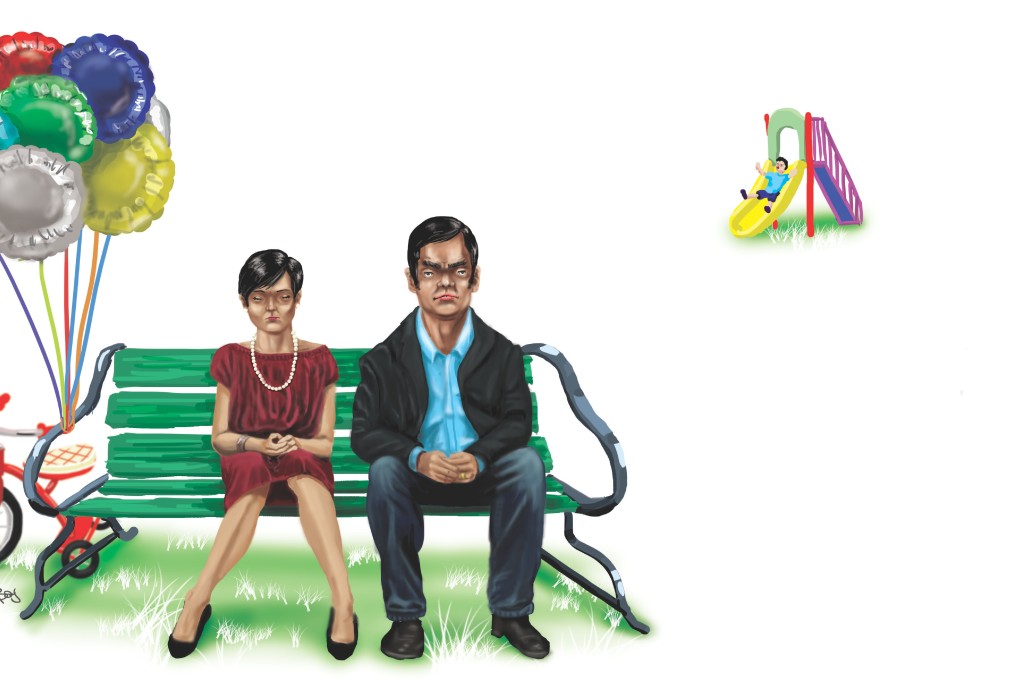How having children robs parents of their happiness
Recent studies suggest parenthood worsens our health, finances and careers, writes Georgia Grimmond

Next month, the first conference dedicated to women without children will take place, in Cleveland, in the United States. At The NotMom Summit, academics, writers and inspirational speakers will cover topics such as dating, volunteering and voting.
It's a growing movement. Across the Western world, record numbers of people are remaining childless. In Britain, one in five women have no children by the age of 44. In the US, the picture is similar for both sexes, and the number of childless women has almost doubled since the 1970s. A recent University of Hong Kong study found that 20 per cent of young married women in the city prefer to remain childless. While many people may want kids but can't have them, some are simply rejecting what was once considered an inevitable and essential part of the human experience - procreation.
I thought at least purpose and meaning in life would be higher for parents, and we find it's just flat
Perhaps that's not so surprising. Having children can have a significant impact on finances, careers and the planet. More surprising is the growing body of evidence that suggests it can also make you less healthy and less happy. But can the situation really be that gloomy?
Children in the West can be a huge financial drain. The average middle-class American family would have spent more than US$245,340 on each child by the time they're 18. In Britain, the cost of raising a child has swelled 63 per cent since 2003, with childcare alone eating up 27 per cent of the average salary, according to the Centre for Economics and Business Research, in London. In Hong Kong, it costs parents an average of HK$6 million to raise each child, according to the Bauhinia Foundation Research Centre.
Luca Stanca, an economist at the University of Milano-Bicocca, in Italy, puts it bluntly: "On the basis of a purely economic approach, the optimal number of children for a rational agent is zero."